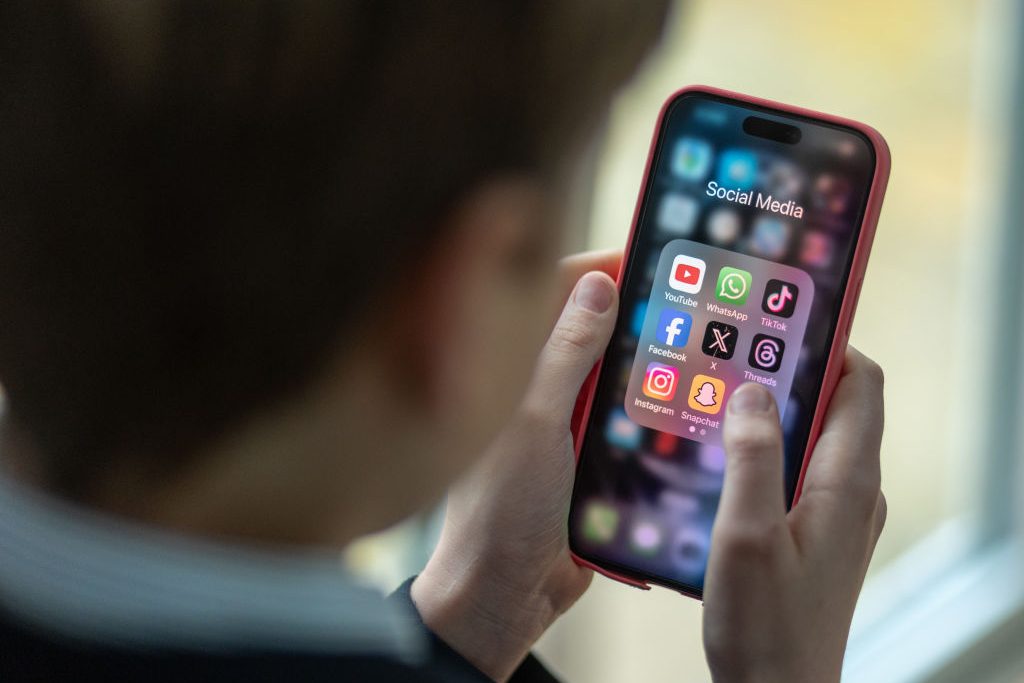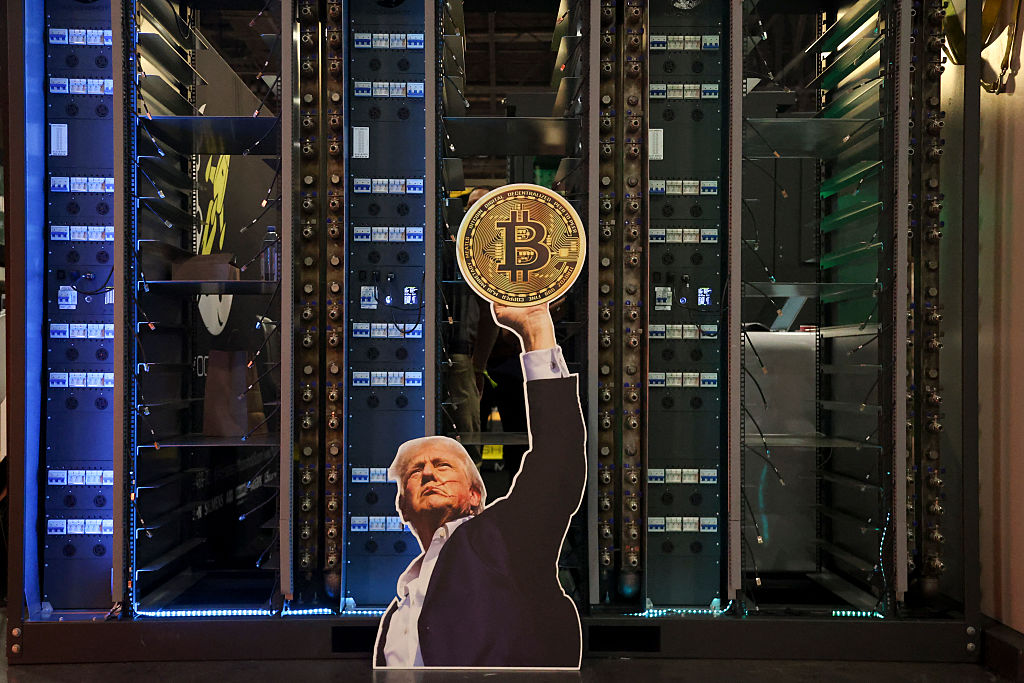It feels increasingly, in any conversation on or offline, as if you’re speaking to a robot. Sometimes you are, but more often, and more ominously, the person you’re speaking to is real – it’s just that their thoughts, words and reactions have become robotic. The Botification of the American Mind, you might call it, and for the past five years we’ve been trying to understand how this botification has happened.
The most obvious root cause is that our social media is no longer populated by humans, meaning the generative AI revolution has exponentially increased the amount of fake accounts on everyone’s feeds.
The internet today is crawling with machines that parrot human voices and mimic human emotions – and these are not just harmless response programs deployed by people trying to make a few bucks. The bots are often controlled by propagandists who want to disrupt, or even foreign regimes aiming to wage narrative warfare. Why risk military defeat when you can ignite a culture war and let Americans destroy themselves?
What drives engagement on social media is not calm, nuanced communication but outrage, conflict, extremism and black-and-white narratives that go viral. That’s what the robots promote – and where the bots lead, humans follow, becoming themselves one-sided, simplistic and fueled by outrage.
Where the bots lead, humans follow, becoming themselves one-sided, simplistic and fueled by outrage
In genuine (read: offline) human dialogue, our natural tendency toward problem-solving is to work out some kind of compromise. We (usually) like to engage in good faith and we prefer to resolve disagreements with civil discourse. It’s more difficult to dislike someone in person, regardless of how much you dislike them online. But today, the average American’s experience of the offline world is so shaped by its online counterpart that civil discourse becomes a thing of the past. Instead of analyzing a situation, we simply repeat slogans.
Outrage goes viral and virality is profitable – advertisers reward exposure. Data, nuance and balance are the losers.
In some ways the robot platforms work like old-fashioned brainwashing cults. They overload a human mind with information. Vast amounts of stories, data points, narratives and insights are all jumbled together with a significant amount of lies, fabrications and half-truths. It’s too much for most humans to process. We can’t order or analyze the chaos.
This information overload is why we all feel so psychologically fried after doomscrolling on our phones; why we’re miserable and distracted and why we resort to outrage as a way out of the bewildering chaos. We become atomized and reactive.
So America is not polarized because a MAGA cult has taken over Capitol Hill, or because the woke left has infiltrated the K-12 school system. The single most significant cause is the deep psychological stress inflicted by the information avalanche.
It would be different if we had multiple sources of information or some perspective, but for most people reality is seen through the tiny keyhole of their social media feeds and you can’t blame humans for finding this addictive. Audience capture happens for leaders across the political spectrum and it happens for their followers, too. For humans – who evolved in an environment of tiny hunting bands numbering fewer than a hundred people – the validation you get from “likes” and retweets acts on the brain like cocaine. The lack of nuance and analysis also encourages us to buy into entirely false ideas.
We’re all forever hearing that AI will destroy the economy or turn us into God, for instance, and this is because what we call vast “permission structures” have been built around these technology companies by building hype on social media.
“AI won’t take your job, but a human who knows how to use AI will take your job” – this is so often repeated it’s become a cliché. The problem, as we’re all about to find out when the AI bubble pops, is that it’s not true. Large language models will prove extremely useful but they won’t perform as promised. In repeating slogans like this we’re merely doing robot PR. The myth that AI will be omnipotent is, from one perspective, an obvious “pump-and-dump” for tech stocks. The AI overlord trope has been pushed hard and relentlessly for the past two years because it justifies the hundreds of billions of dollars of investment and the significant transformation of the economy.
Botification destroys American trust. We once trusted newspapers to have our interests at heart and depended on expert analysis of events. What’s happened since the advent of social media, however, is a complete destruction in certainty of institutions. This is partly why in the UK, for example, there are so many stories about “secrets” such as hotels used to house migrants. Not because they aren’t a problem – they clearly are – but because the stories resonate with our alienation and confirm our paranoia that things are being hidden from us. Grand institutions, respected newspapers, used to collectively stabilize us and help us chart a course through the uncertainty of life. When we trust strangers and institutions – collections of strangers – we don’t need to do our own research or make up our own minds. We have faith that professionals have our interests at heart and are doing the job for us.
The world is getting more and more complex, but we can make less and less sense of it. Hardly anyone on the right trusts academia or mainstream media, hardly anyone on the left trusts the government or anyone involved in foreign policy – and no one knows whether they’re talking to a human or a bot anymore. Increasingly, there is no difference. The American mind has become the battlefield. The American citizen has become a bot.
This article was originally published in The Spectator’s September 29, 2025 World edition.


























Leave a Reply